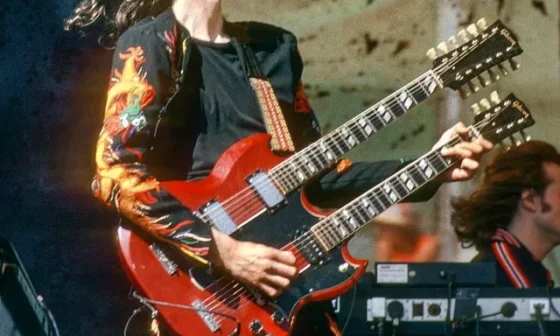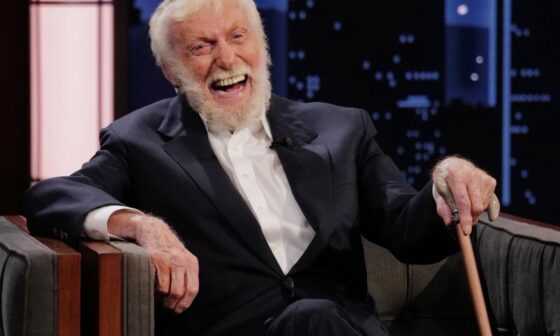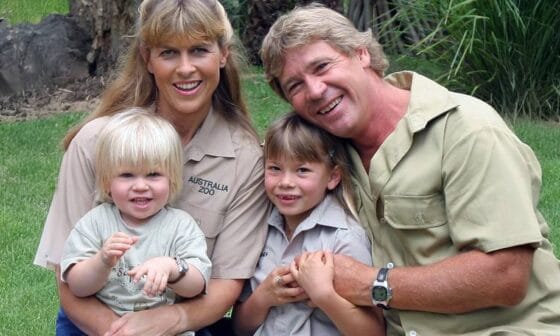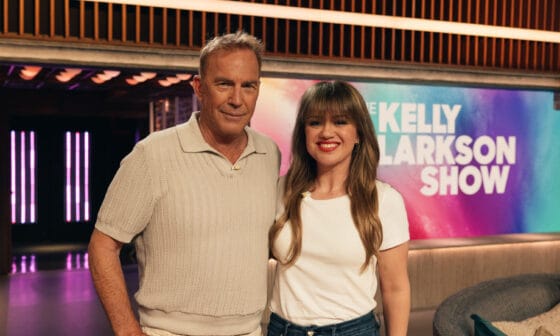It wasn’t just another night at the Nassau Coliseum in 1990 — it was a night etched into the soul of country music. Fans packed the arena expecting greatness, but what they witnessed was far more. When Willie Nelson, Waylon Jennings, Johnny Cash, and Kris Kristofferson stepped into a shared spotlight, history seemed to stop. Four men, four legends, four worlds colliding — and for one brief song, the boundaries between them melted away.
The choice of song was no accident. “Luckenbach, Texas” had always carried with it an easy charm, a yearning for simplicity in a world that often feels too loud. Waylon led with his unmistakable grit, that baritone drawl cutting through the air like an old friend’s voice. But then something magical happened: Nelson’s mellow warmth, Cash’s thunderous authority, and Kristofferson’s soulful poetry rose to meet him. Suddenly, it wasn’t just a tune — it was a declaration.
Each man brought with him his own story. Nelson, the rebel in braids, whose effortless phrasing had become synonymous with laid-back defiance. Jennings, the outlaw who had carved his path with honesty and fire. Cash, the Man in Black, carrying the weight of redemption and rebellion in every note. And Kristofferson, the soldier-poet, who could turn even silence into art. Together, their voices created a harmony not polished by rehearsal, but born of shared scars and brotherhood.
What struck the crowd wasn’t perfection — it was authenticity. There was no spotlight-hogging, no grandstanding. Just four icons leaning into the same microphone, shoulder to shoulder, singing a song about a small Texas town as if it were a hymn written for them alone. The audience responded not with polite applause, but with roaring, tear-streaked voices that joined in. For a moment, the Nassau Coliseum felt like Luckenbach itself — stripped of everything but music and connection.
Fans who were there still speak of it as a spiritual moment. They didn’t just hear country music; they felt the history of it. They saw four men who had lived on the edges of fame and struggle, who had fought battles with themselves and the industry, finding common ground in a chorus that belonged to everyone.
Long after the final note rang out, the electricity lingered in the air. People left the arena knowing they had seen something unrepeatable — not a show, but a piece of living history. It was proof that sometimes the greatest performances aren’t about technical brilliance, but about vulnerability, trust, and unity.
In the end, that night at Nassau Coliseum wasn’t about four men singing “Luckenbach, Texas.” It was about the way legends can set aside ego and, for a fleeting few minutes, remind the world what music is truly for: to heal, to unite, and to transcend time itself.





